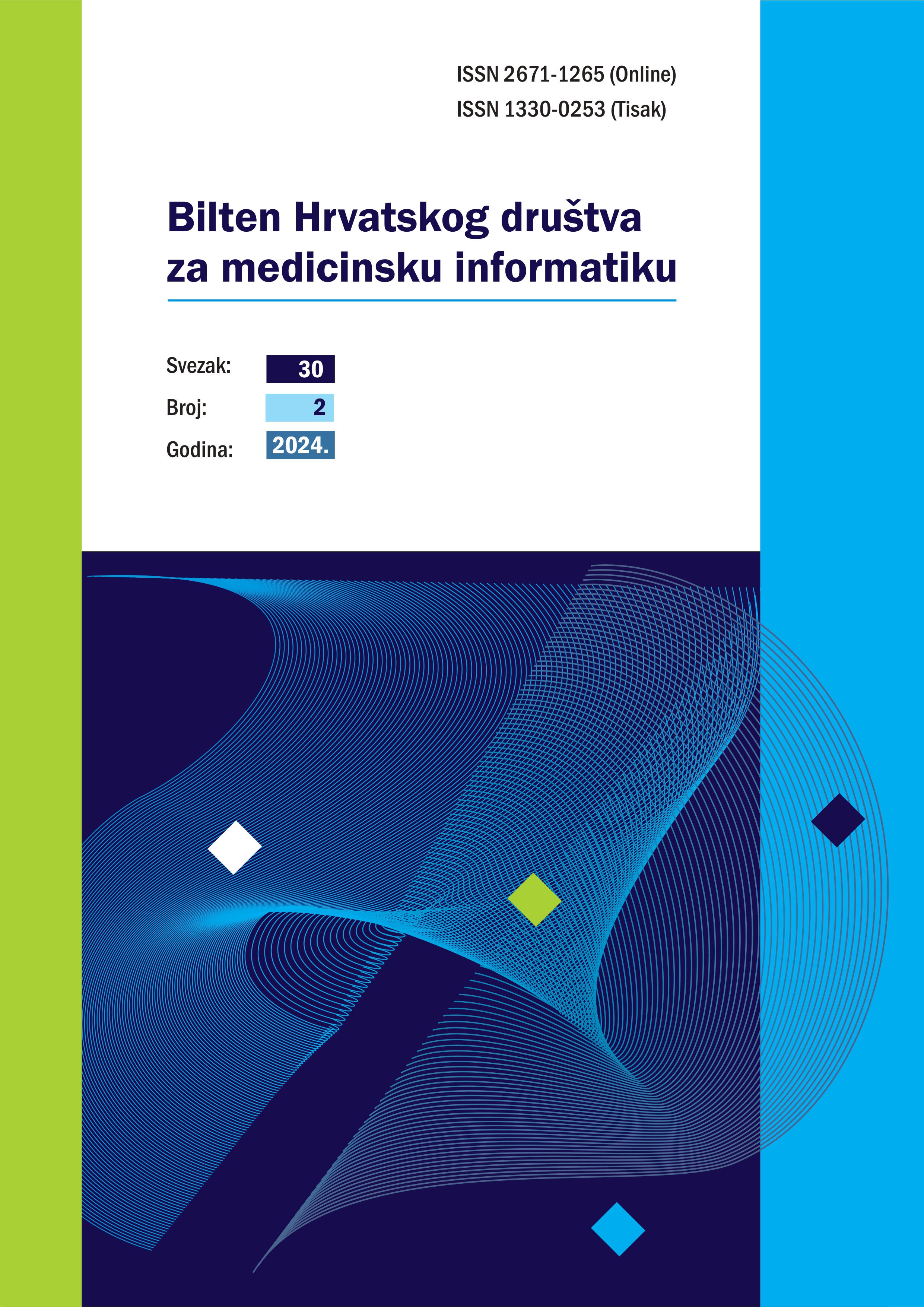Transhumanism─Prometheus' fire or Pandora's box?
DOI:
https://doi.org/10.69827/bhdmi-34414Keywords:
etymological analysis, philosophical criticism, reductionism, technocracy, dystopiaAbstract
This paper presents an etymological-philosophical analysis and critique of transhumanism. It explores the origin of the term along with the fundamental cultural and philosophical roots as well as the principles of transhumanist thought that have led to the development of contemporary transhumanism. The human desire to acquire new abilities as well as achieve immortality is as old as humanity itself. The author distinguishes the inevitable development of modern technology and science aimed at treating various medical conditions in the future from transhumanist efforts that strive to enhance human capabilities and radically alter his nature, thereby erasing the very essence of the human. The author discusses how a social order guided by science and technology, coupled with perfectionism as imperatives, ultimately has a dehumanizing and destructive effect on the human and society. Furthermore, the reductionist, materialistic, positivist conception of the human present in transhumanism may lead to a technocratic, totalitarian and dystopian society. Therefore, the evolution of science and technology must be accompanied by the evolution of the human spirit, which implies a high level of ethical awareness and reflection on the potential dangers posed by highly advanced science and technology.
Downloads
Published
Issue
Section
Categories
License
Copyright (c) 2024 Bulletin of the Croatian Society for Medical Informatics

This work is licensed under a Creative Commons Attribution 4.0 International License.

